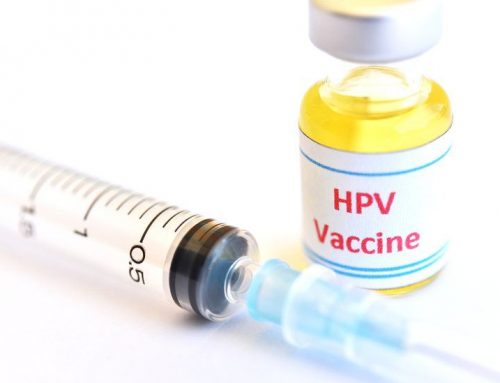The normal physiological changes in pregnancy will result in an increased demand for iron and folic acid. Over and above this there are additional demands for iron brought about by the fetus and the placenta and possible blood loss during labour. Breastfeeding also demands iron from the body.
Anaemia in pregnancy is defined as a haemoglobin, or Hb, concentration of less than 11 g/dL. The most common cause of anaemia is in pregnancy in South African woman is as a result of iron deficiency usually associated with poor nutrition.
It is for this reason that every pregnant woman should have haemoglobin determined early during her pregnancy and again after 28 weeks. Some woman begin pregnancy already anaemic and may become rapidly symptomatic but most cases present in the 3rd trimester since this is when demands for iron reach their peak.
Anaemia in pregnancy is usually diagnosed on routine testing, but may present with symptoms such as tiredness, dizziness, or fainting. Another symptom may present as pica, which is the persistent eating of substances such as dirt that have no nutritional value because of a deficiency in the body.
Iron deficiency adversely affects iron -dependent enzymes in each cell has profound effects on the muscle and brain transmitter activity. Iron deficiency is associated with low birth weight babies and preterm delivery and there is also an association with increased blood loss at the time of delivery.
Many argue that the best approach to iron deficiency in pregnancy is prevention. Iron supplements prevent iron deficiency anaemia. The World Health Organisation have issued guidelines recommending routine supplementation of 60 mg of elemental iron per day to be taken orally and 400 µg of folic acid a day to all women for at least 6 months. The guideline also states that the supplement should be recommended to women until 3 months after the baby has been born or at least until breastfeeding has ceased.
Unfortunately oral iron preparations are associated with side effects. 30% of patients taking oral preparations will experience gastrointestinal or gut side-effects. Women you have troublesome side effects are advised to take medication on alternative days or weekly rather to change to another iron preparation. For those women that are not tolerating oral preparations it may be necessary to administer intravenous or intramuscular preparations.
If the anaemia is severe and especially around the time of delivery it may be necessary to give a blood transfusion.
Yours in health
Dr Leneque Lindeque (MBChB, FCOG(SA), Mmed(O&G))
Obstetrician and Gynaecologist
Netcare Alberlito Hospital
Ballito
Tel: (032) 586 0723







